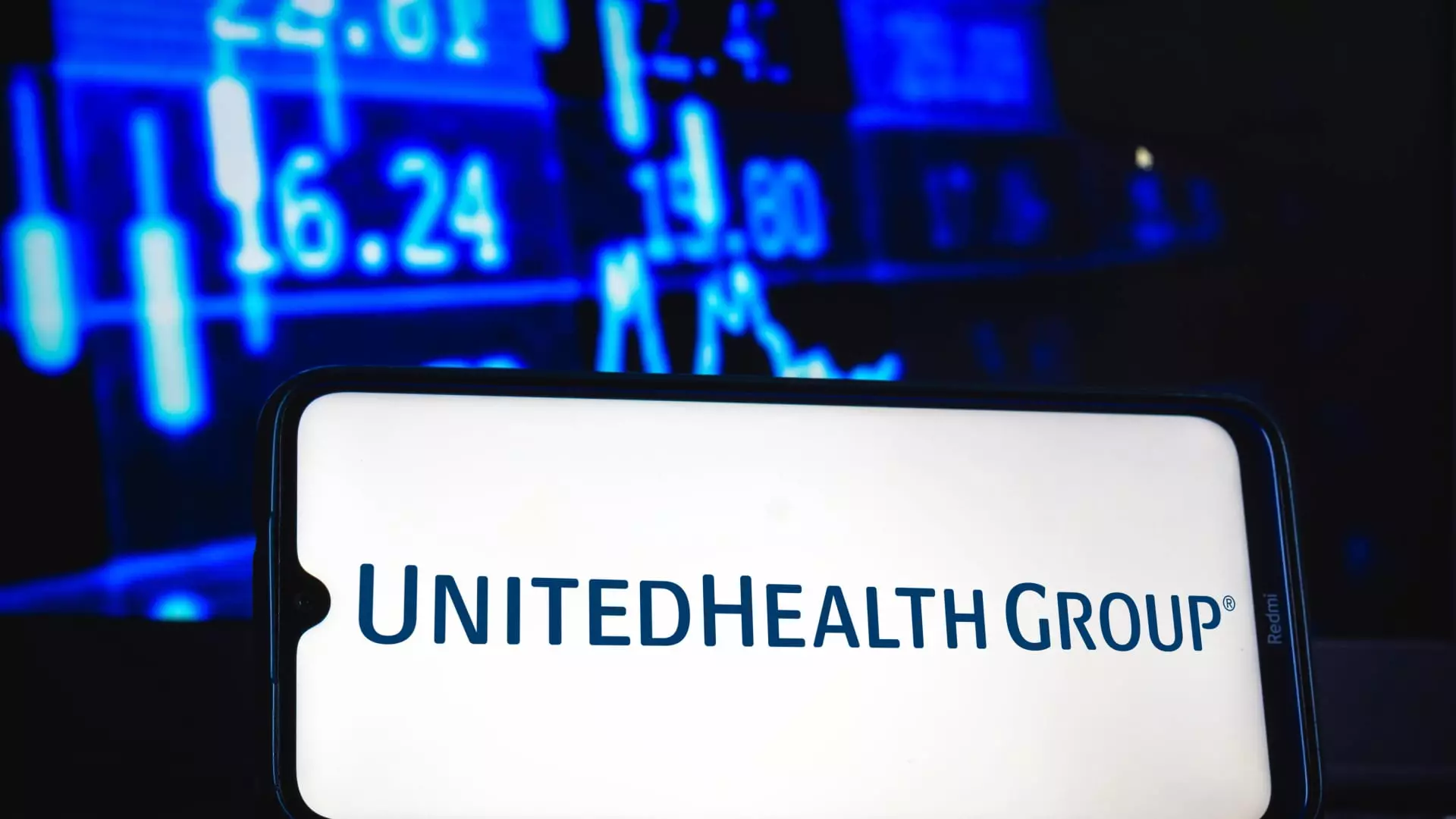UnitedHealth Group’s upcoming first-quarter earnings call will be closely watched by investors and analysts alike, especially in the wake of the recent cyberattack on its Change Healthcare billing and payments subsidiary. The attack, which occurred in February, has been described as the largest disruption in the U.S. healthcare industry since the Covid pandemic. The breach at the Change Healthcare unit resulted in the firm having to take down its billing and payment processing service, causing significant operational disruptions for healthcare providers across the country. Analysts will be looking for how the company plans to address the costs associated with the cyberattack and the impact it has had on other operations within UnitedHealth’s Optum division.
Financial Ramifications of the Cyberattack
One of the key areas of interest during the earnings call will be how UnitedHealth accounts for the expenses related to the cyberattack and the subsequent outage of its services. There is a looming question of lost revenue and additional expenses that the company may have to incur as a result of the breach. Scott Fidel, a managing director and healthcare analyst at Stephens, expressed curiosity about the charges UnitedHealth will face and how they plan to estimate the financial impact of the incident. The outage has not only disrupted the operations of healthcare providers but has also affected pharmacies and other entities under the OptumCare unit.
In response to the cyberattack, UnitedHealth has provided $4.7 billion in no-interest loans to healthcare providers to help them navigate the challenges resulting from the breach. However, despite these efforts, many physician groups have had to resort to personal loans to sustain their operations. The disruption caused by the hack has raised concerns about the vulnerability of the American healthcare system, particularly in light of the extensive consolidation within the industry. The incident has prompted reflection on the resilience of the healthcare infrastructure and the potential risks associated with such large-scale disruptions.
The cyberattack on Change Healthcare has also created uncertainty for health insurers, such as UnitedHealthcare and its competitors like Humana, CVS Health’s Aetna, and Elevance. The timing of the attack, midway through the first quarter, has complicated the tracking of medical utilization costs in real time, making it challenging for insurers to assess their financial performance accurately. Analysts anticipate that many insurers will report adjusted or estimated figures in light of the ongoing disruptions caused by the cyberattack. The situation has heightened the stakes for insurers as they prepare their 2025 Medicare Plan bids, with the recent government payment rate increases posing an additional challenge.
Outlook on Medical Cost Trends
JPMorgan’s Lisa Gill emphasized the importance of monitoring medical cost trends in the coming months to gain a clearer understanding of the industry landscape. The delayed outlook on medical costs will likely impact insurers’ strategic planning and financial projections for the future. With elevated cost trends and a competitive market environment, health insurers will need to navigate the evolving landscape carefully to maintain profitability and deliver value to their members. The aftermath of the cyberattack serves as a stark reminder of the critical role played by healthcare organizations in safeguarding sensitive information and maintaining the integrity of their operations in the face of evolving cybersecurity threats.

Leave a Reply